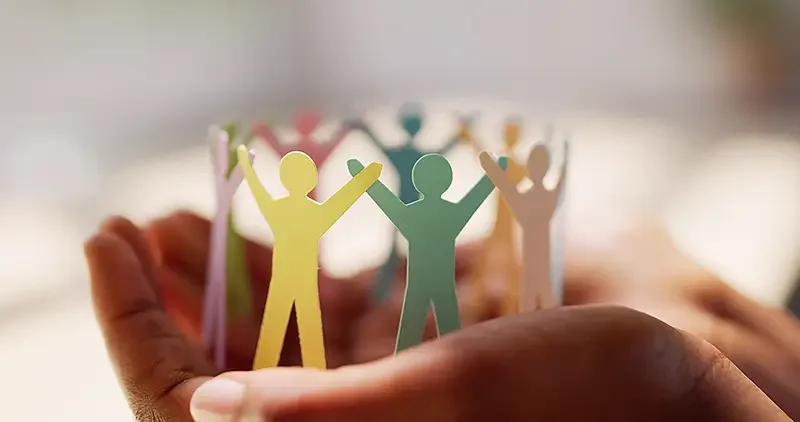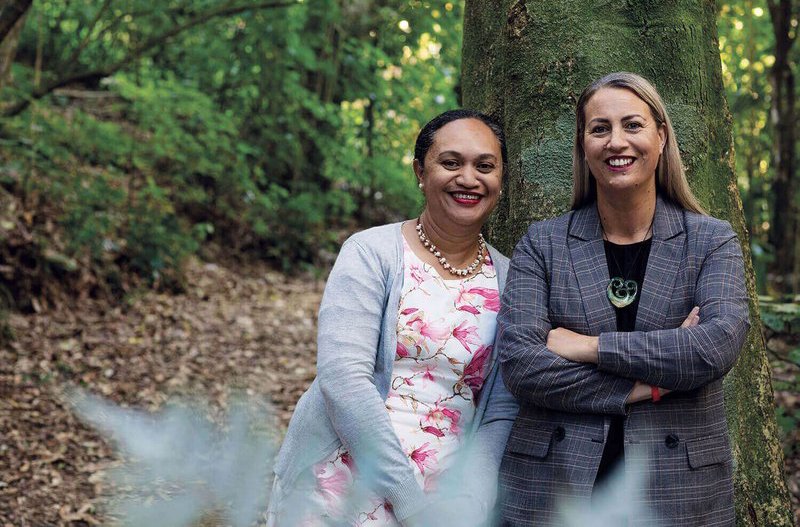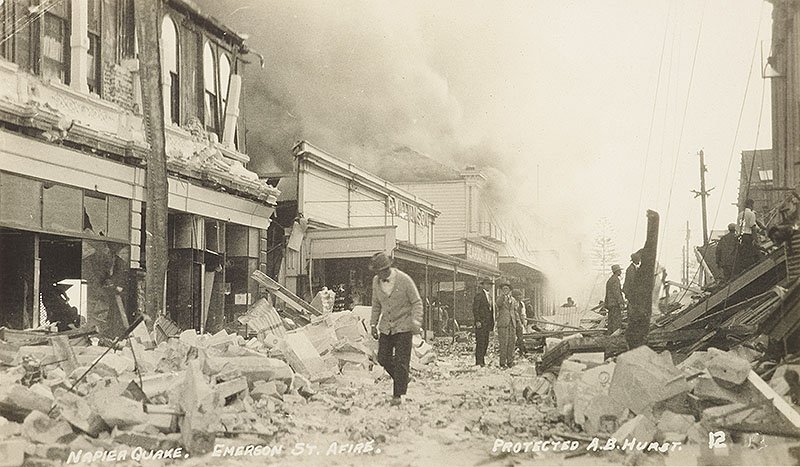What is a mutual?
By MAS Team
We explore how MAS’s mutual model shapes everything from our community involvement to our governance and decision making and sets us apart from traditional shareholder-driven insurance companies.
A mutual is a commercial organisation that is owned by its customers rather than outside shareholders. At MAS, that’s our Members. So, if you have an insurance policy or investments with MAS, you are a MAS Member and you’re also one of our owners.

Most non-mutual companies have shareholders who are distinct from their customers. Sometimes this can be tricky. Shareholder-owned companies exist to make profits for their shareholders, as well as serve their customers. This means shareholder companies can face conflicts that a mutual company doesn’t. A mutual company doesn’t have to balance the competing interests of shareholders and customers, because they are the same people.
MAS is proud to be a 100% New Zealand-owned mutual insurance and investment provider, as it means we put the best interests of our Members at the heart of every decision we make. It's the most powerful motivator for our people to deliver the best service we possibly can.
Member voting rights, laid out in the MAS Members Trust Deed, reflect our formation in 1921 by a group of doctors and our gradual expansion to offer insurance and investments to a wider range of New Zealand professionals. As a result, we have 2 types of Members – full Members (who are doctors, dentists and vets) and associate Members (who are members of other professions). Full Members have voting rights at our annual meetings.
MAS's commitment to community involvement and social responsibility is a cornerstone of our identity as a mutual insurance and investment company. This dedication goes beyond providing financial services, extending into a range of community projects and initiatives.
One of the main ways MAS embodies this commitment is through MAS Foundation. MAS Members voted in 2019 to establish MAS Foundation, reflecting our Members' desire for the organisation to play an active role in improving health and wellbeing equity in Aotearoa New Zealand.
As a registered charity, MAS has structured our organisation to do good. MAS profits help fund MAS Foundation, which supports community-led programmes with a focus on sustainable long-term systems change.
MAS's approach to community involvement and social responsibility illustrates how mutual companies can leverage their unique structure and member-centric ethos to make a meaningful difference. By aligning our business operations with the broader needs of the community, mutuals like MAS show that commercial and social objectives can not only coexist, but also enhance each other.

Although being a mutual means we're not focused on generating big profits for shareholder returns, it doesn't make us any less businesslike. We think it makes us better at business because we’re all committed to the reason we make a profit. Shareholder companies make a profit so they can pay out to the owners, whereas at MAS, we make a profit for 3 reasons:
The mutual company structure was once more common in New Zealand than it is today. Many of our big corporate insurance companies started life as mutuals but were demutualised in the 1990s. Today, there are just MAS and FMG left as mutual insurance companies, and a few other financial services companies such as the Co-operative Bank. By contrast, there are quite a few mutual insurance companies left around the world. Some of the world’s largest insurers are mutuals, like State Farm in the USA and the Nippon Life Insurance Company from Japan.
Throughout our history, MAS has experienced several defining moments where our Member-centric approach significantly influenced our direction and operations.Here are 3 pivotal instances that highlighted the impact of being a mutual:
In 1931, the devastating Napier earthquake struck, causing significant damage and loss, particularly to MAS Members in Hawke's Bay. Among the ruins were the private surgeries and clinics of many MAS Members, including the first chairman of MAS, Dr Frank Harvey. Although MAS policies in 1931 did not cover earthquake damage and the challenging financial climate of the Great Depression, the mutual nature of MAS prompted a member-centric response. MAS Members nationwide voted almost unanimously to provide ex-gratia payments to those affected in Hawke’s Bay, utilising 25% of the company's reserves. This decision, risky from a financial standpoint, underscored MAS’s commitment to Members and willingness to support them beyond legal obligations.

The early 1970s witnessed another significant event in MAS's history, where Member involvement took centre stage. A group of Members wanting to improve the service and advice from the Society, led a movement for change. Dubbed the "coterie of dissidents" and spearheaded by Dr John Boyd Wilson, these Members highlighted widespread issues with the Society's performance. This movement culminated in the 1972 Annual General Meeting, where Members voted to replace the entire MAS Board. The incoming Board and management focused on modernising the company, laying the groundwork for a Member-centric approach that MAS is known for today. This event served as a reminder of the importance of listening to Members and ensuring that their interests are at the forefront of the company's decision-making processes.
As MAS approached its centennial, we embarked on a journey to redefine our societal role. Recognising Members' concerns about social inequity and climate change, the Board and leadership began reimagining MAS as an organisation that along with being profitable, could also make a positive difference to society. The proposal to transform MAS into a charitable organisation and create a philanthropic trust was met with overwhelming support from Members. In 2019, an 88% Member vote in favour, led to MAS gaining charitable status in 2019 and the establishment of the MAS Foundation.
These moments collectively demonstrate the unique power of the mutual model, where Member involvement and collective decision-making lead to actions that resonate with the company's core values. Our history is a testament to the mutual spirit of caring and responsiveness, ensuring that we not only serve our Members, but also contribute to broader societal good in New Zealand.
Looking ahead, MAS is poised to embrace the future with a clear focus on what makes us unique: our commitment to our Members and the community. Our goal is to maintain our financial health, not just for the sake of stability, but to enable us to support more community projects and effectively address social issues. The future for MAS is about staying true to our roots in mutualism, while evolving to meet the changing demands of our Members. And as always, we’ll keep the lines of communication open with our Members, ensuring your voices and needs shape our journey forward.
This is general information only and is not intended to constitute financial advice.

In early 2020, MAS Foundation partnered with Health Coalition Aotearoa and collaborated with the Helen Clark Foundation to support researching the extent of alcohol harm in Aotearoa.

When faced with unexpected tragedy, setbacks and self-doubt, it can be easy to let negativity hold you back. Instead, MAS scholarship recipient Bariz Shah chose to do the opposite.

A veterinary business, one of our Members, has been named a finalist in the Regenerating Nature category at the Sustainable Business Awards for driving real change and inspiring others along the way.